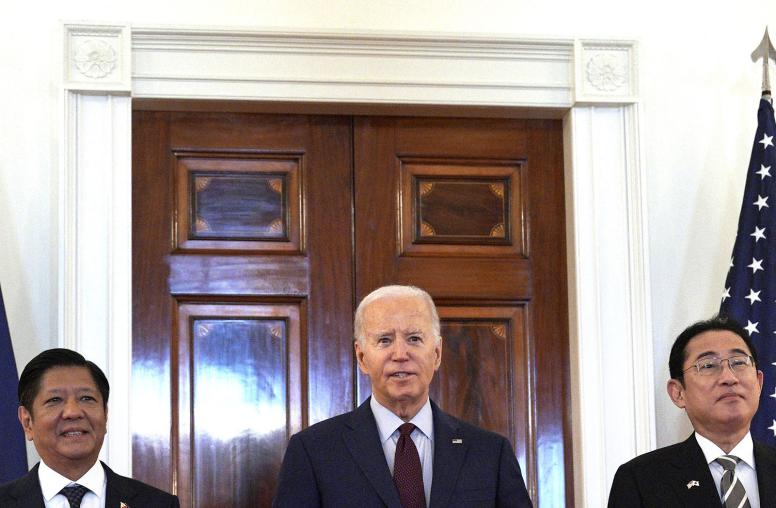Forty Years On: What’s Next for U.S.-China Relations?
A Bipartisan Congressional Dialogue with Rep. Rick Larsen (D-WA) and Rep. Darin LaHood (R-IL)
Read the Event CoverageNo relationship will be as significant in the years ahead as the one between the U.S. and China. Forty years ago, Washington and Beijing established diplomatic relations, setting the stage for the defining bilateral relationship of the 21st century. Today, the trajectory of the U.S-China relationship has ripple effects throughout the global economy and plays a critical role in a host of security, trade, political, technological and environmental issues, among others. Amid rising tensions over tariffs and more, discussion about U.S. policy toward China is needed now more than ever. To explore some of the key issues facing the U.S.-China relationship today, USIP hosted a conversation with Rep. Darin LaHood (R-IL) and Rep. Rick Larsen (D-WA), co-chairs of the House U.S.-China Working Group.
Congress has an important role to play in managing rising tensions and facilitating engagement between the two countries. The House of Representatives' bipartisan U.S.-China Working Group (USCWG) provides a platform for frank and open discussions between the U.S. Congress and China, and educates members of Congress and their staffs.
The USCWG has conducted more than 10 successful missions to China, focused on a variety of topics including the global economy and trade relations, intellectual property rights, military-to-military relations, energy cooperation, and environmental stewardship. Rep. LaHood and Rep. Larsen most recently led a bipartisan member delegation to China in March 2019.
Join the conversation with #BipartisanUSIP.
Speakers
Rep. Rick Larsen (D-WA)
U.S. Representative from Washington
@RepRickLarsen
Rep. Darin LaHood (R-IL)
U.S. Representative from Illinois
@RepLaHood
The Honorable Nancy Lindborg, moderator
President & CEO, U.S. Institute of Peace
@NancyLindborg
Read a transcript of the conversation.



